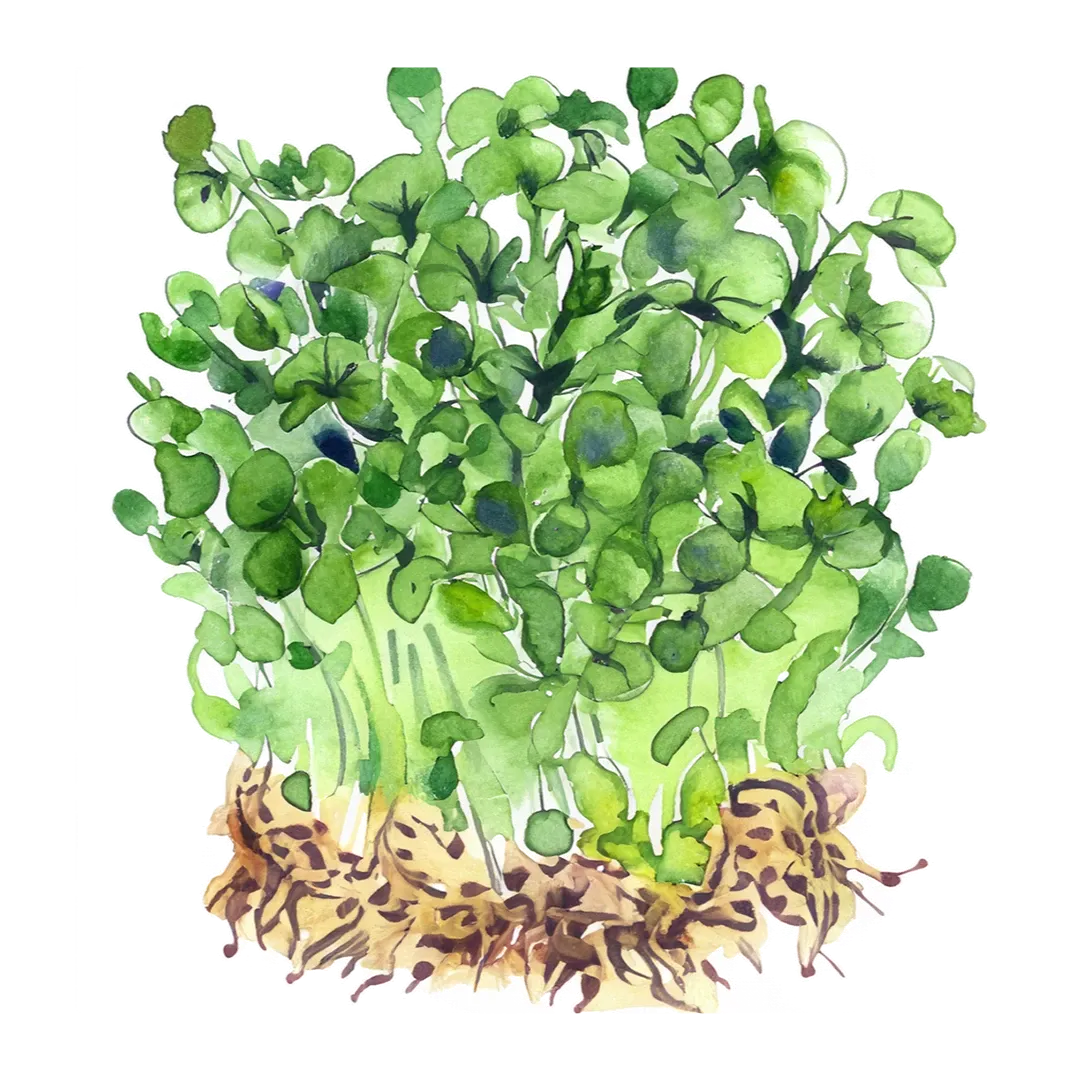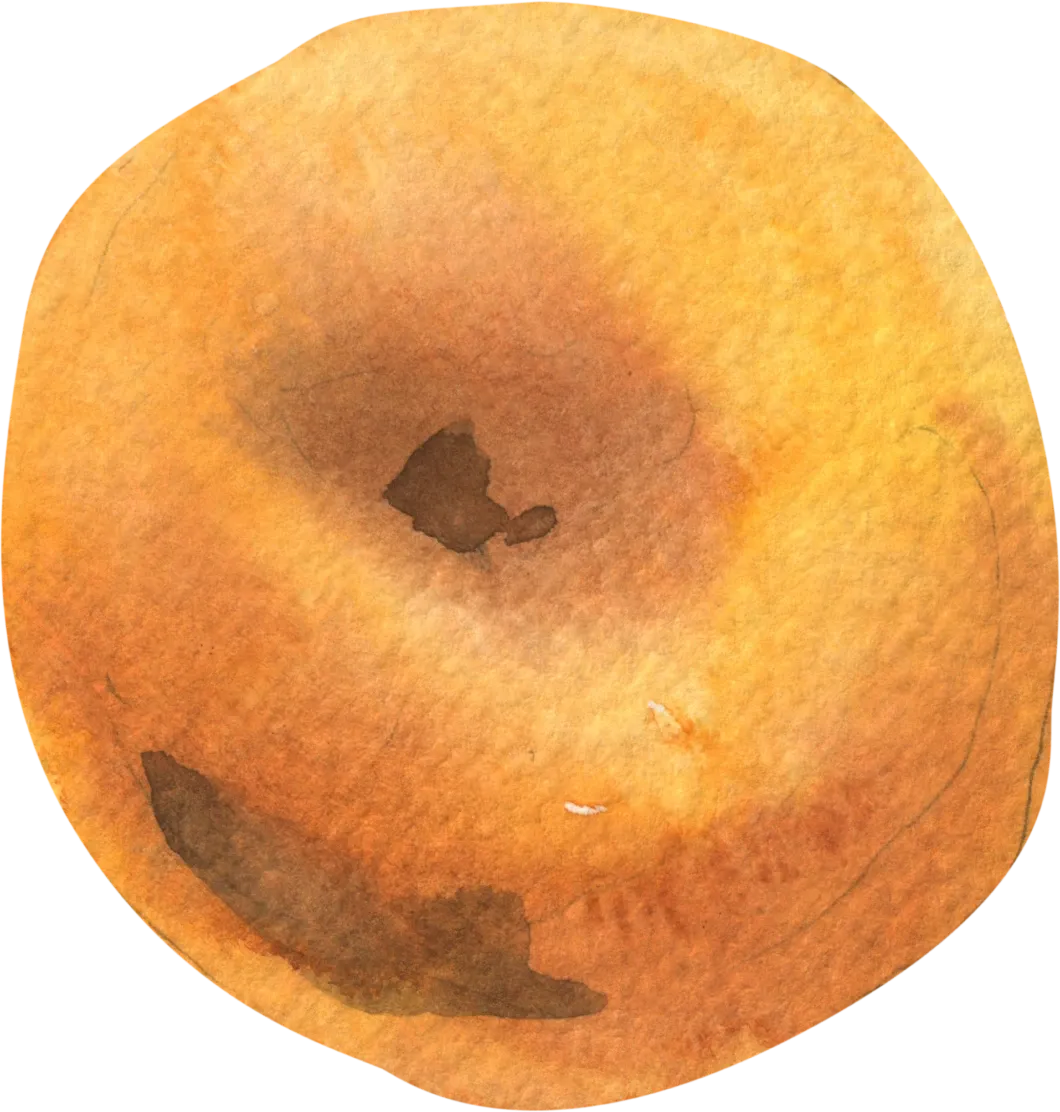The Health Benefits of Nettle: A Nutrient-Dense Herbal Powerhouse
Introduction
Nettle, also known as stinging nettle, is a nutrient-rich herb that has been used for centuries in traditional medicine. Despite its sting when touched, once prepared and cooked, nettle becomes a versatile and nutritious addition to soups, teas, and herbal remedies. Packed with essential vitamins, minerals, and antioxidants, nettle offers a range of health benefits that make it a powerful ingredient for promoting wellness.
Health Benefits of Nettle
- Promotes Bone Health
Nettle is rich in calcium and vitamin K, both of which play a crucial role in maintaining strong bones and preventing osteoporosis. Regular consumption of nettle can support bone density and overall skeletal health.
- Supports Immune Function
Nettle contains high levels of vitamin C and antioxidants, which help boost the immune system. The antioxidants found in nettle also protect the body from oxidative stress and reduce inflammation, lowering the risk of chronic diseases.
- Rich in Antioxidants
Nettle is packed with antioxidants like flavonoids, carotenoids, and vitamin C, which help neutralize free radicals in the body. These antioxidants reduce inflammation and protect cells from damage, supporting overall health and vitality.
- Promotes Healthy Skin and Hair
Nettle’s high vitamin A and silica content can promote healthy skin and hair. It helps improve skin conditions like eczema and acne, while also supporting hair growth and reducing dandruff.
- Aids in Detoxification
Nettle has natural diuretic properties that help promote the elimination of toxins from the body. This supports kidney function and helps reduce water retention, making nettle a beneficial herb for detoxification and overall health.
Creative Ways to Enjoy Nettle
Nettle is a versatile herb that can be used in a variety of ways:
- In Teas: Steep dried nettle leaves in hot water to make a soothing and nutrient-packed herbal tea.
- In Soups: Add nettle to soups or stews for a nutrient boost, similar to spinach or other leafy greens.
- Sautéed: Sauté nettle leaves with garlic and olive oil for a nutritious side dish.
- In Smoothies: Blend nettle leaves into smoothies for an extra dose of vitamins and minerals.
- In Pesto: Use nettle as a base for a delicious and unique pesto sauce, combined with garlic, nuts, and olive oil.
Conclusion
Nettle may be an often-overlooked herb, but it is packed with essential nutrients that can support bone health, boost the immune system, and promote healthy skin and hair. Whether enjoyed in tea, added to soups, or sautéed like greens, nettle offers a wealth of health benefits and is a versatile addition to any diet.
FAQs About Nettle
- Is nettle good for weight loss?
Yes, nettle is low in calories and acts as a natural diuretic, which can help reduce water retention and support weight loss efforts.
- How should I store fresh nettle?
Store fresh nettle in the refrigerator, wrapped in a damp cloth or plastic bag, for up to five days. Dried nettle can be stored in an airtight container for months.
- Does nettle lose nutrients when cooked?
Nettle retains most of its nutrients when lightly cooked, and cooking it neutralizes its sting. Steaming or blanching is the best way to preserve its vitamins.
- Is nettle AIP diet compliant?
Yes, nettle is compliant with the AIP diet and can be safely consumed by those following an autoimmune protocol.
- Is nettle Low-FODMAP?
Yes, nettle is considered Low-FODMAP and can be safely enjoyed by individuals with digestive sensitivities.
- Is nettle Low Histamine?
Yes, nettle is generally low in histamine and can be consumed by those with histamine intolerance.
- Is nettle Keto-friendly?
Yes, nettle is keto-friendly due to its low carbohydrate content, making it an excellent addition to low-carb diets.
Recipes
Check out our meal planning service by following these recipes:









